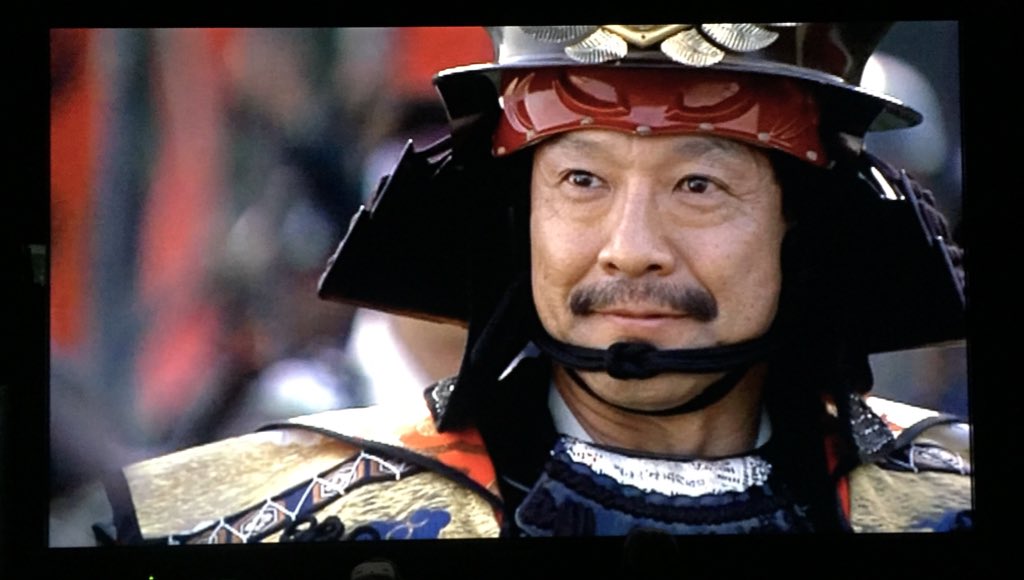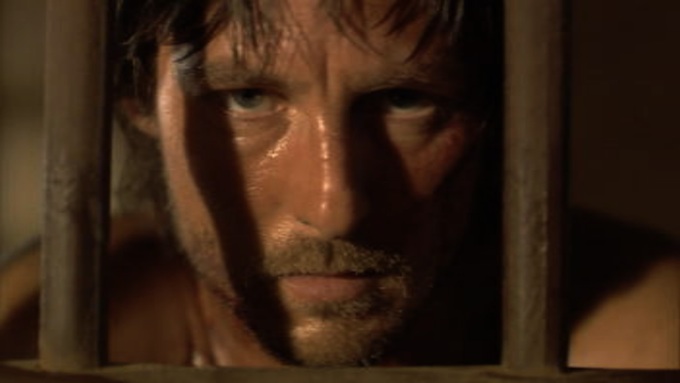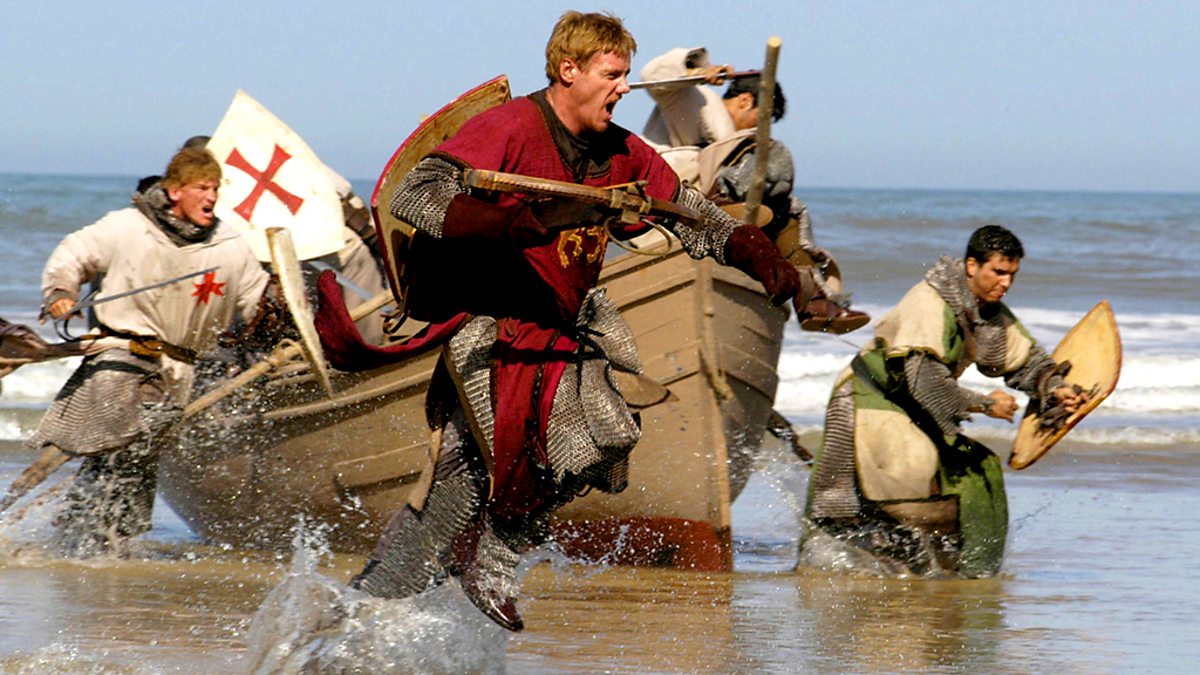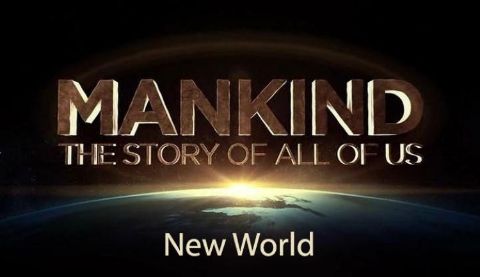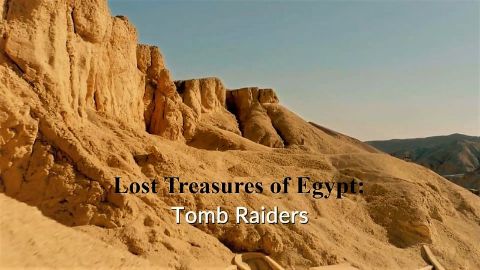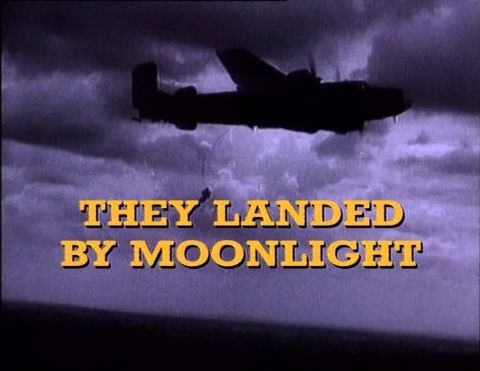Cortes • 2007 • episode "S1E4" • Warriors: Great Men of History
Drama documentary about Hernan Cortes, Spanish conquistador who overthrew the Aztec empire and won Mexico for the crown of Spain. In, 1519 the Spanish adventurer Hernan Cortes is supposed to have taken on the mighty Aztec empire with a handful of soldiers and 16 horses. The myth claims that the Aztec emperor, Montezuma, surrendered his empire beause he believed Cortes to be a God. But a more accurate account suggests that the Conquistadors started a civil war in Central America, uniting an army of tribesmen who hated Aztec rule. Montezuma is revealed to be a sophisticated ruler. This is the story of a man who, almost in one fell swoop, subdued an entire civilization: the Aztec Empire. It is one of the highlights and at the same time one of the darkest chapters in human history. In August 1519, the Spanish conquistador Hernan Cortes lands on the east coast of unexplored Central America. Driven by the greed for fabulous riches, Cortes wants to conquer the Aztec kingdom.
Make a donation
Buy a brother a hot coffee? Or a cold beer?
Hope you're finding these documentaries fascinating and eye-opening. It's just me, working hard behind the scenes to bring you this enriching content.
Running and maintaining a website like this takes time and resources. That's why I'm reaching out to you. If you appreciate what I do and would like to support my efforts, would you consider "buying me a coffee"?
Donation addresses
BTC: bc1q8ldskxh4x9qnddhcrgcun8rtvddeldm2a07r2v
ETH: 0x5CCAAA1afc5c5D814129d99277dDb5A979672116
With your donation through , you can show your appreciation and help me keep this project going. Every contribution, no matter how small, makes a significant impact. It goes directly towards covering server costs.

